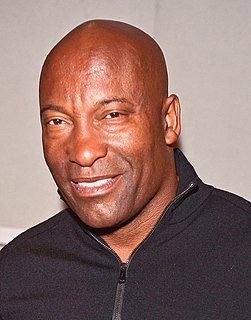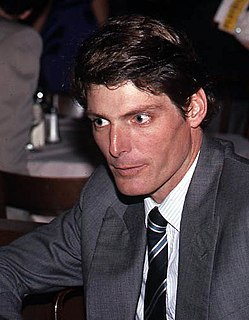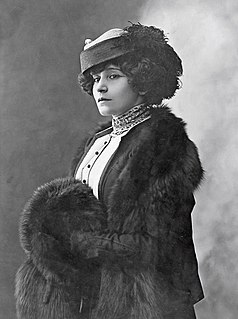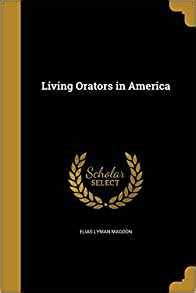A Quote by Aristotle
Definition of tragedy: A hero destroyed by the excess of his virtues
Related Quotes
Virtues are in the middle, the royal way about which the saintly elder (Saint Basil the Great) said, "Travel on the royal way and count the miles." As I said, the virtues are at the midpoint between excess and laxness. That is why it is written, "Do not turn to the right or the left" (Prov 4:27) but travel on the "royal way" (Num. 20:17). Saint Basil also says, "The person who does not allow his thoughts to incline towards excess or deprivation but directs it to the midpoint, that of virtue, is upright in heart."
The sense of tragedy - according to Aristotle - comes, ironically enough, not from the protagonist's weak points but from his good qualities. Do you know what I'm getting at? People are drawn deeper into tragedy not by their defects but by their virtues. ... [But] we accept irony through a device called metaphor. And through that we grow and become deeper human beings.
When the first Superman movie came out, I gave dozens of interviews to promote it. The most frequent question was: What is a hero? My answer was that a hero is someone who commits a courageous action without considering the consequences. Now my definition is completely different. I think a hero is an ordinary individual who finds the strength to persevere and endure in spite of overwhelming obstacles.
... But as a Godless greed pursued its career from excess to excess, it provoked a sort of twin hostile brother, equally Godless, born in the same atmosphere of utter disregard for the foundational virtues of humility and charity. This hostile twin brother of Capitalism was destined to be called Communism, and is today setting out to murder its elder.







































